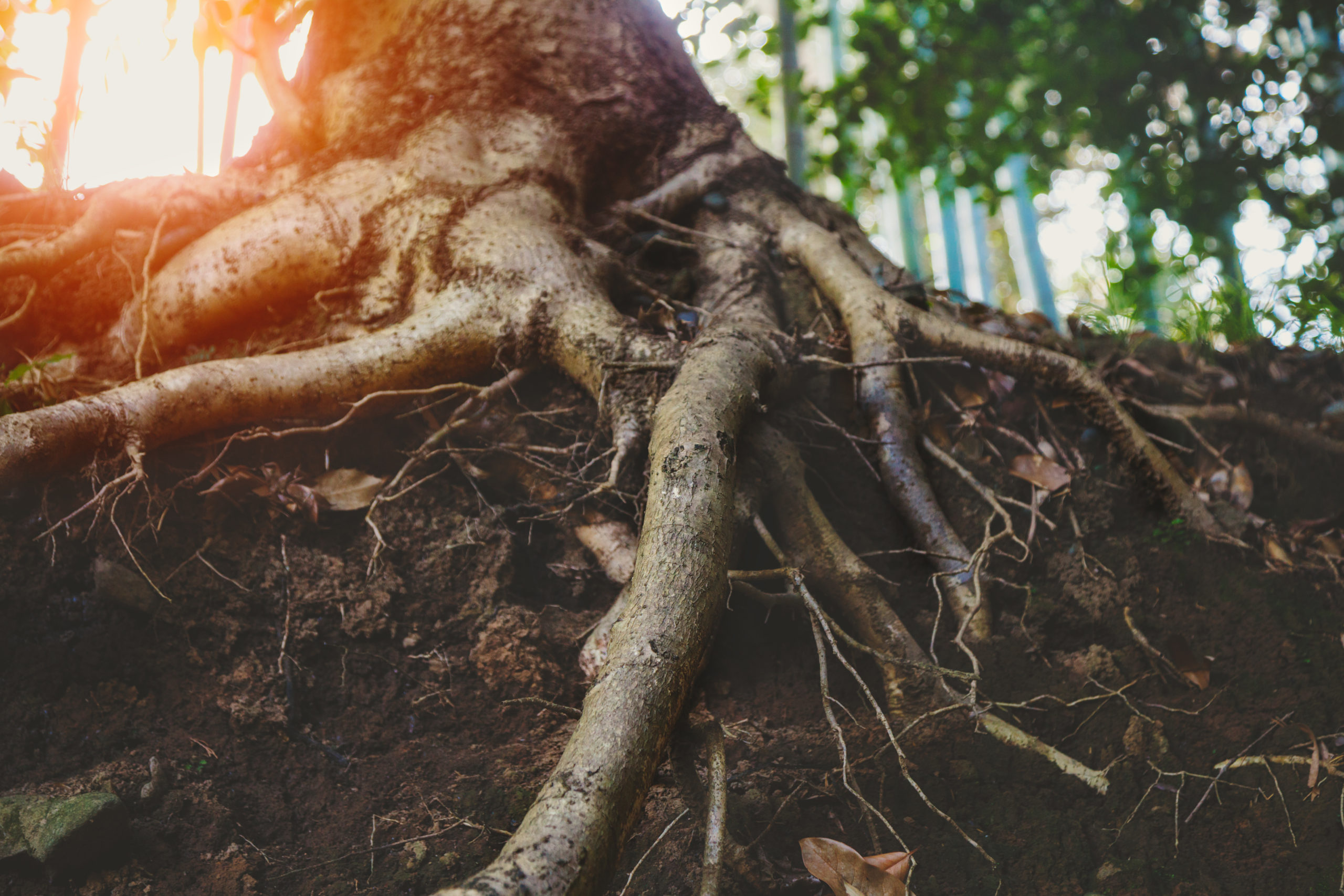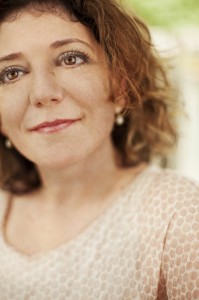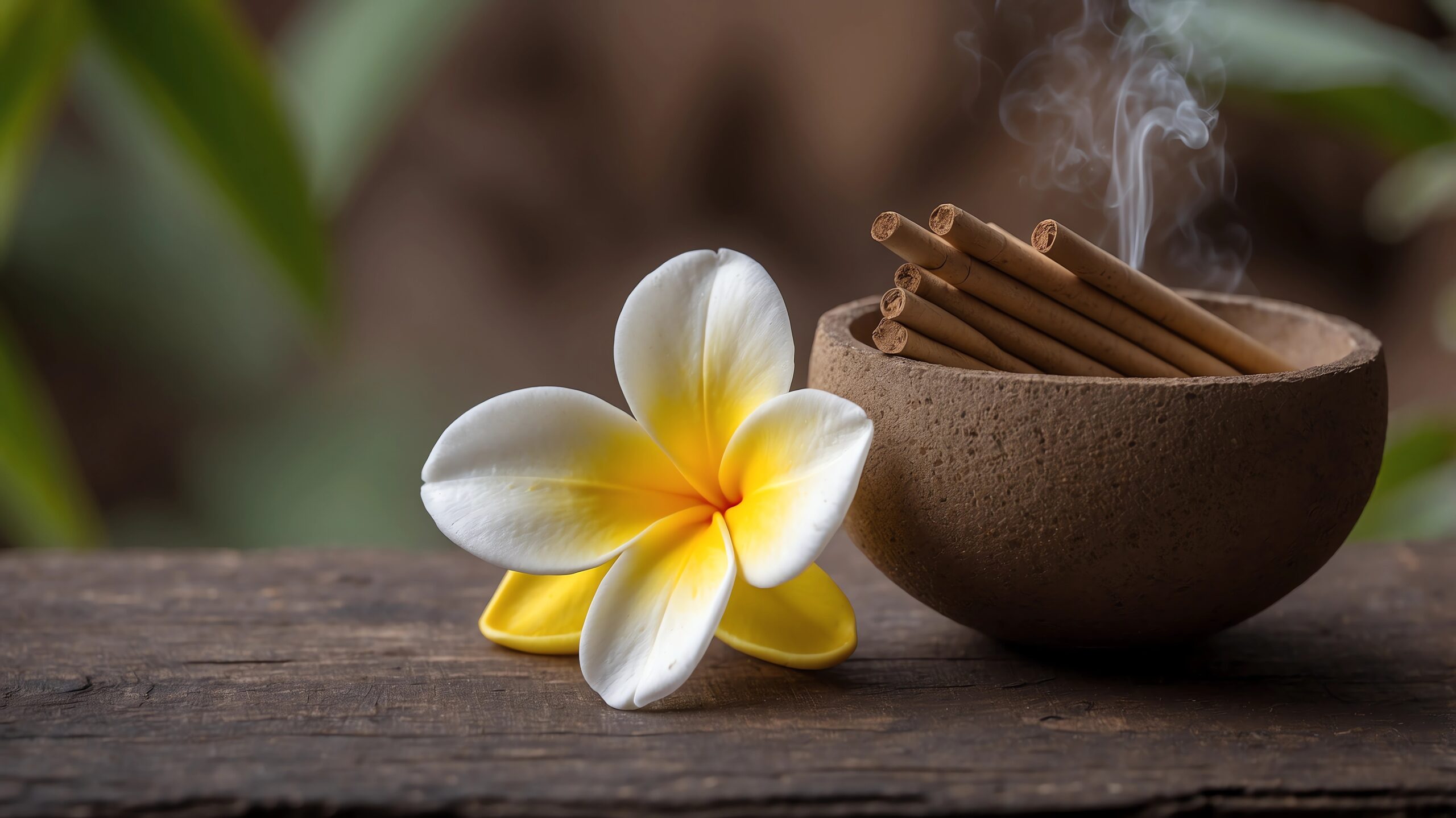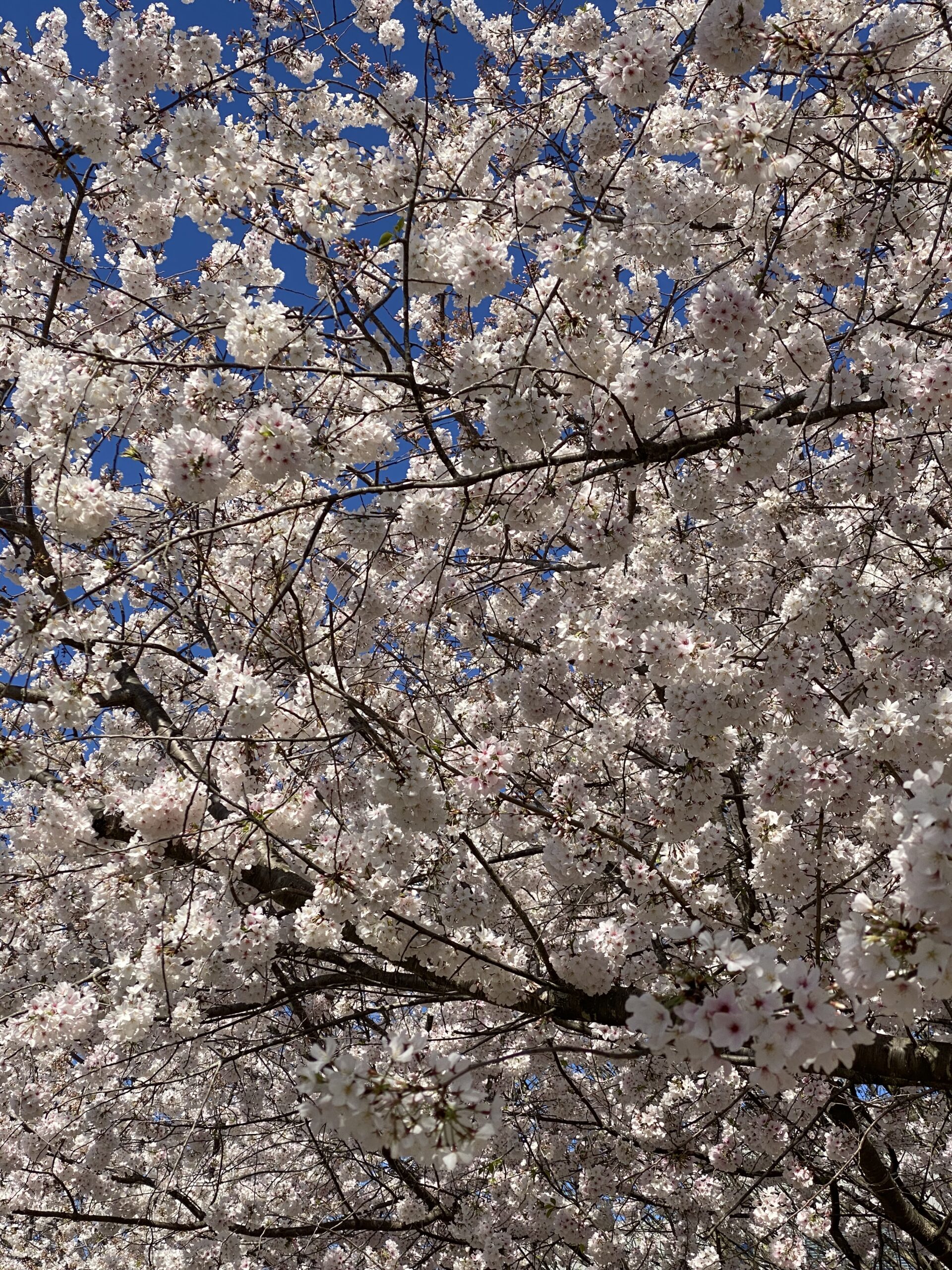Katie Steedly’s first-person piece [The Unspeakable Gift] is a riveting retelling of her participation in a National Institutes of Health study that aided her quest to come to grips with her life of living with a rare genetic disorder. Her writing is superb.
In recognition of receiving the Dateline Award for the Washingtonian Magazine essay, The Unspeakable Gift.
Enter your email here to receive Weekly Wide-Awake
Split at the Root

I performed Adrienne Rich’s poem, “For the Record” in an Oral Interpretation class in the Theatre Department at Indiana University in 1992. The poem is a statement on the atrocities of WWI. It ends in a question:
“and ask whose signature/is stamped on the orders, traced/in the corner of the building plans/Ask where the illiterate, big-bellied/women were, the/drunks and crazies,/the ones you fear most of all: ask where you were.”
Ask Where You Were
My desire to ask that question of myself today guided me to read Rich’s personal essay, “Split at the Root: An Essay Jewish Identity.” This essay is her exploration of identity and consciousness, of passing and self-hate, of motherhood and feminism and sexual orientation, of being part of a cultural reckoning for genocide, war, and racial violence during the mid 20th century.
A daughter of the South with a Gentile mother and Jewish father, she frames this essay as sense-making of her cultural roots. She describes feeling split at the root all her life.
“Sometimes I feel I have seen too long from too many disconnected angles: white, Jewish, anti-Semite, racist, anti-racist, once-married, lesbian, middle-class, feminist, exmatriate Southerner, split at the root: that I will never bring them whole. … Yet if we wait for the undamaged to make our connections for us; we can’t wait to speak until we are wholly clear and righteous. There is no purity, and, in our lifetimes, no end to this process.”
Living split at the root, between identities and truths, between creation and death, between healing and violence, between blindness and sight, feels like this moment to me. We are laid bare in every way right now. We are literally on our knees and in the streets. Who are we as people, as a country, as a world? Who are we as people accountable for the past and responsible to future generations?
Moving Into Accountability
At the end of the essay Rich explains:
“It’s a moving into accountability, enlarging the range of accountability. I know that in the rest of my life, the next half-century or so, every aspect of my identity will have to be engaged. . . . The women trying, as part of her resistance, to clean up her act.”
The notion that the very act of cleaning up my act is an act of resistance is hopeful to me. It feels honest and clear in this time when yesterday and today collide at such a rapid pace I can’t see through the smoke of the explosion. Becoming as whole as humanly possible and building a whole world is the essence of cleaning up my act. We are all split at the root. Making sense of split identities. Asking ourselves where we were, are, and will be.
About Katie

From Louisville. Live in Atlanta. Curious by nature. Researcher by education. Writer by practice. Grateful heart by desire.
Buy the Book!
The Stage Is On Fire, a memoir about hope and change, reasons for voyaging, and dreams burning down can be purchased on Amazon.





